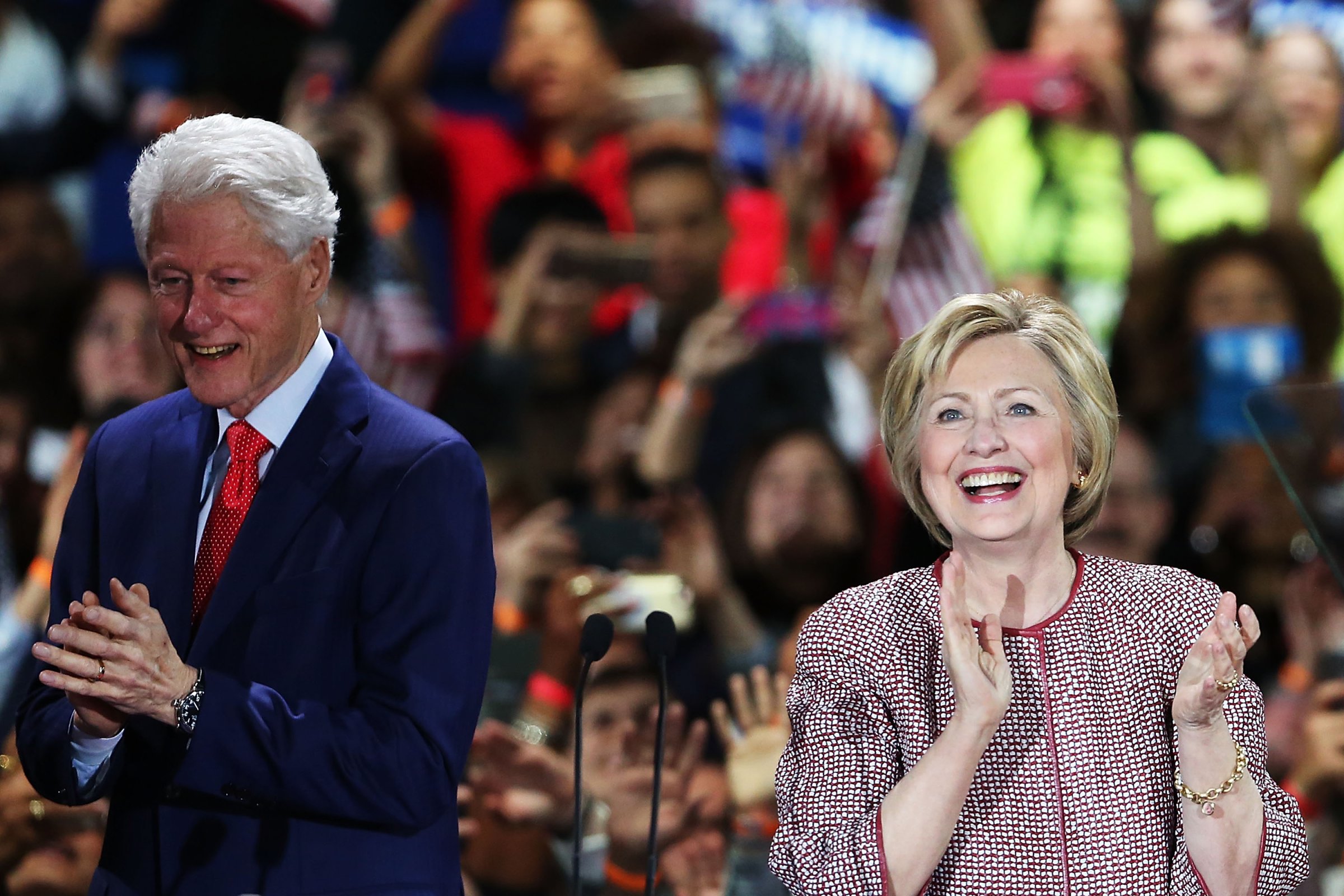
Hillary Clinton won a famous, and much better than expected, victory in New York–the sort of victory that induces a sort of euphoria and can start the momentum rolling again. It was the sort of victory that Bill Clinton never won in 1992 until the general election. In fact, his New York primary victory over Jerry Brown was pyrrhic, even though it pretty much clinched the nomination for him; he was battered by the local tabloids, he seemed exhausted and defensive, his unfavorables were stratospheric.
He had larger problems than an email server: the public had just learned that he had dodged the military draft during the Vietnam war and he’d recently had an affair with a lounge singer. Talk about untrustworthy! Within weeks, he would be in a deeper, darker hole than Hillary has experienced this year–he would be running third, behind George H. W. Bush and the Independent Ross Perot. Some polls showed that nearly half the public said they would never vote for him, no matter what. He was toast.
This is old news…but it’s living history for the Clintons. It is what keeps Hillary buoyant, even as her national lead evaporates, even as the most glamorous Democratic constituencies–celebrities, idealistic college kids–flock to Bernie Sanders. More than any other politicians I’ve covered, the Clintons have a pitch-perfect sense of chronology. They know that politics moves slower than the daily media frenzy, that new story lines–comebacks, especially–are catnip to cable networks. They know that polls can change, even on personal traits like trustworthiness; unfavorables can be overcome, even impeachments can be beaten.
Bill Clinton had some help in his 1992 comeback. Perot proved to be something of a loony: he dropped out of the race in July and then dropped back in for the debates in October. Bush was uninspiring throughout. But Clinton–a far more clever politician than Hillary has so far seemed to be–also made his own luck. His choice of Al Gore as Vice President was unconventional–Gore seemed a Clinton clone, young and moderate and Southern, rather than the usual ticket-balancer–and his campaign team’s sense of tactics was refreshing. When Clinton and Gore took off on a bus tour through middle America right after the Democratic convention, the election was all but over. (Clinton’s domination in the fall debates sealed the deal.)
In some ways, Hillary faces an easier task. Donald Trump, her likely opponent, is an implausible president of the United States. He has created a strait-jacket trap for himself: the outrageous style that brought him to this point has alienated most of the country. His attempts to control himself–his victory speech after his New York landslide, for example–are awkward and boring. He has turned his campaign over to conventional political sorts who want to make him into a conventional politician which, over time, could demolish his naughty appeal. As he spoke on Tuesday night, I tried to imagine what his acceptance speech would be like if he wins the nomination in Cleveland: a spastic dance between candidate and telepromter, Trump’s antsy-ADHD boredom and his visceral sense that the audience is beginning to snooze. Trump reading a speech is about as exciting as mowing the lawn.
But Hillary has two other problems that Bill never faced. He swept to the presidency on a wave of pure energy and enthusiasm–this was something new, the baby boomers were taking over! She’s old hat. Even the endless, reflexive Republican attacks on her have grown stale. If Bill Clinton was the first of the baby boomer presidents, she could be the last. She is the George H. W. Bush of this campaign, selling stability–which may prove to be a marketable asset, given the craziness on the Republican side–but momentum feeds on excitement. Core polling perceptions like “trustworthiness” can turn, but they need some impetus. Her other problem is that she’s just not as good a politician as her husband is.
Her vice presidential pick will be important. A traditional pick would be someone young and Latino and male, but Hillary’s equivalent of Al Gore would be…Elizabeth Warren. Another woman, but an outsider; a candidate who could rally Bernie’s legions of new voters, and who would be an excellent attack dog (a crucial vice presidential function). All of a sudden Hillary would seem sort of exciting.
See an Intimate Portrait of Hillary Clinton
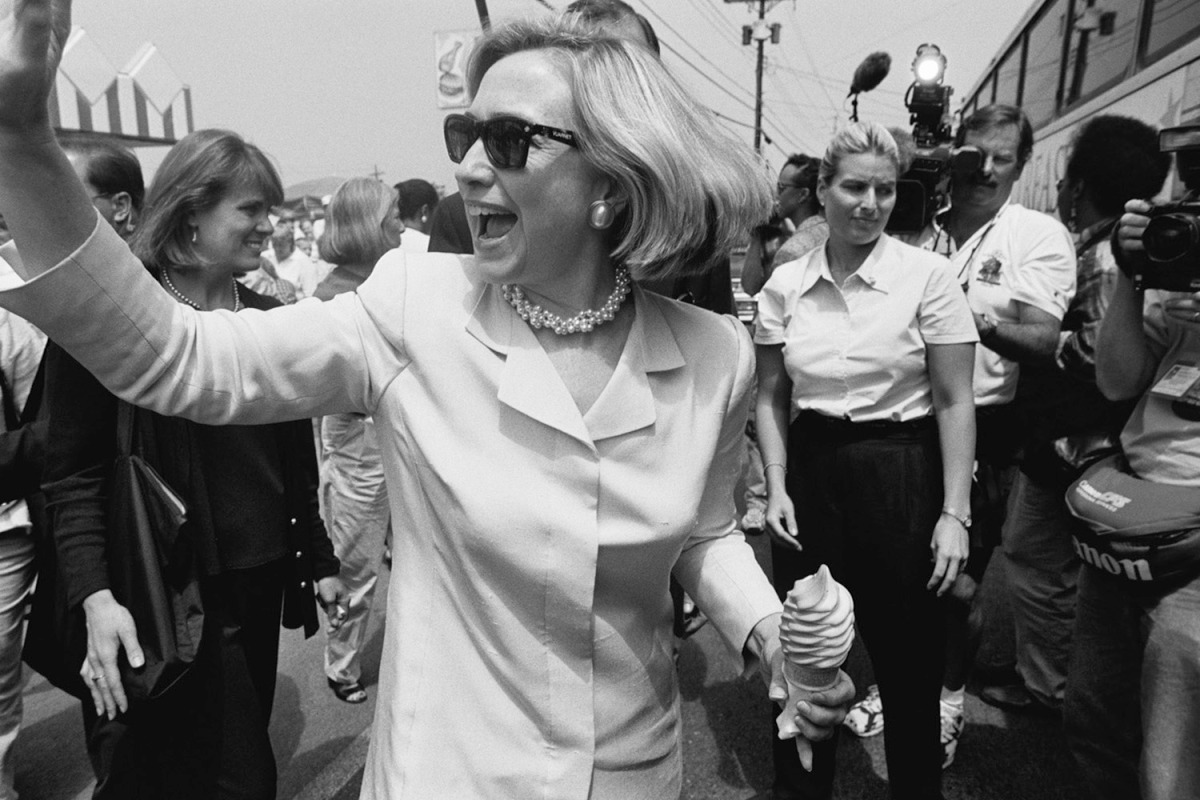
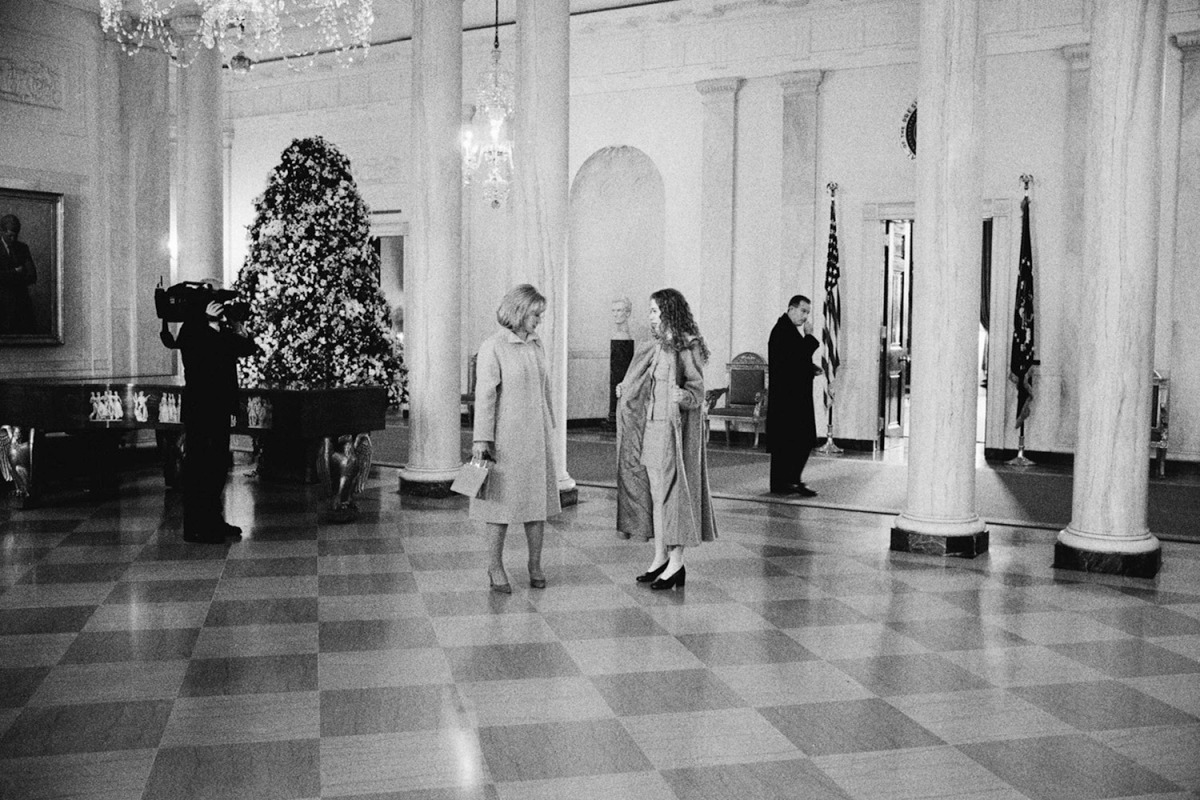
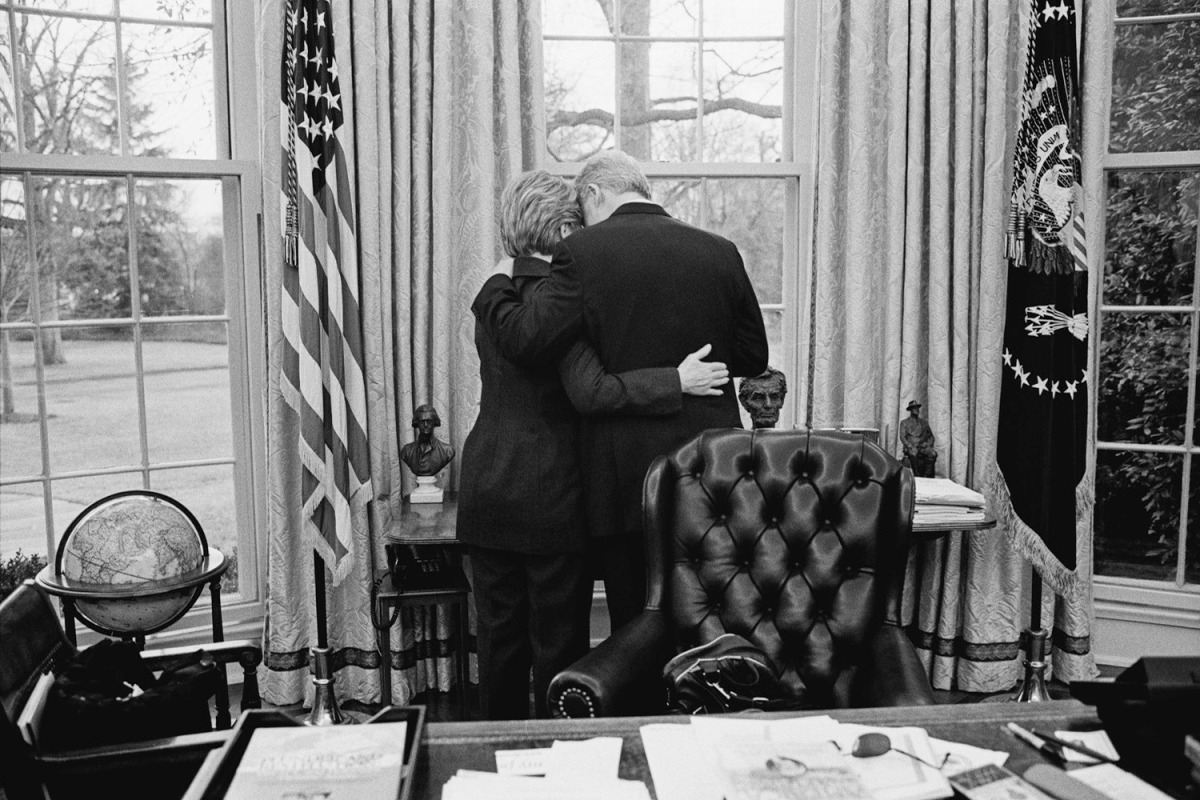

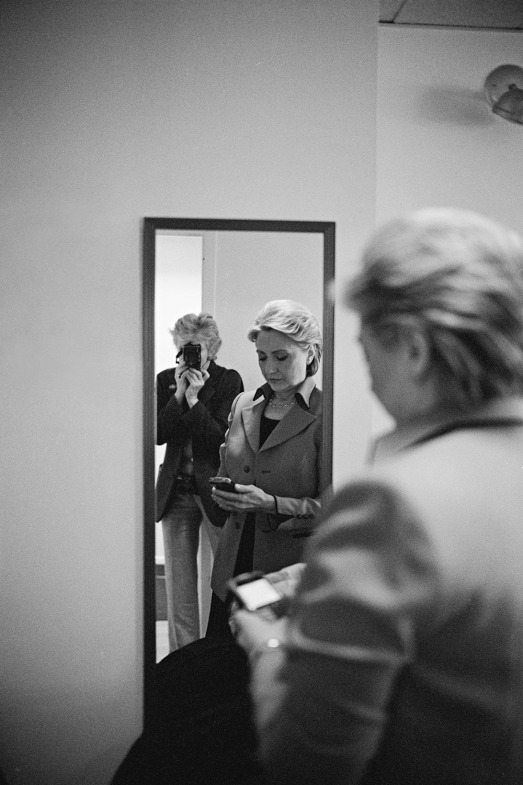
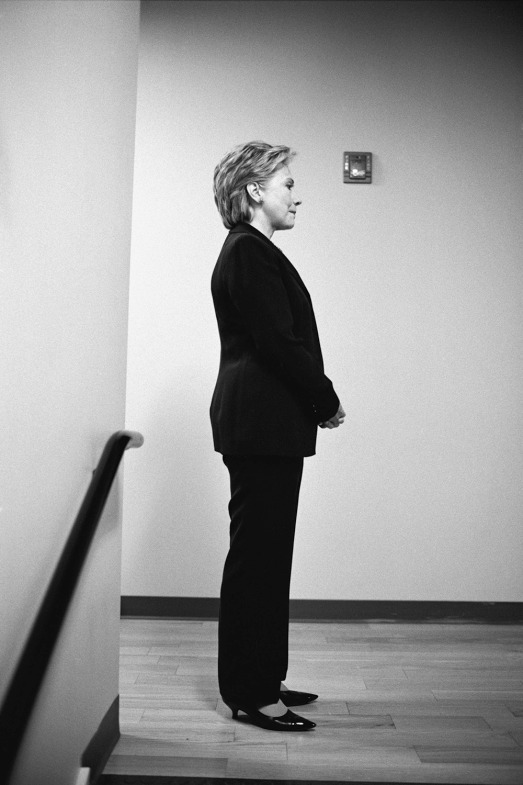
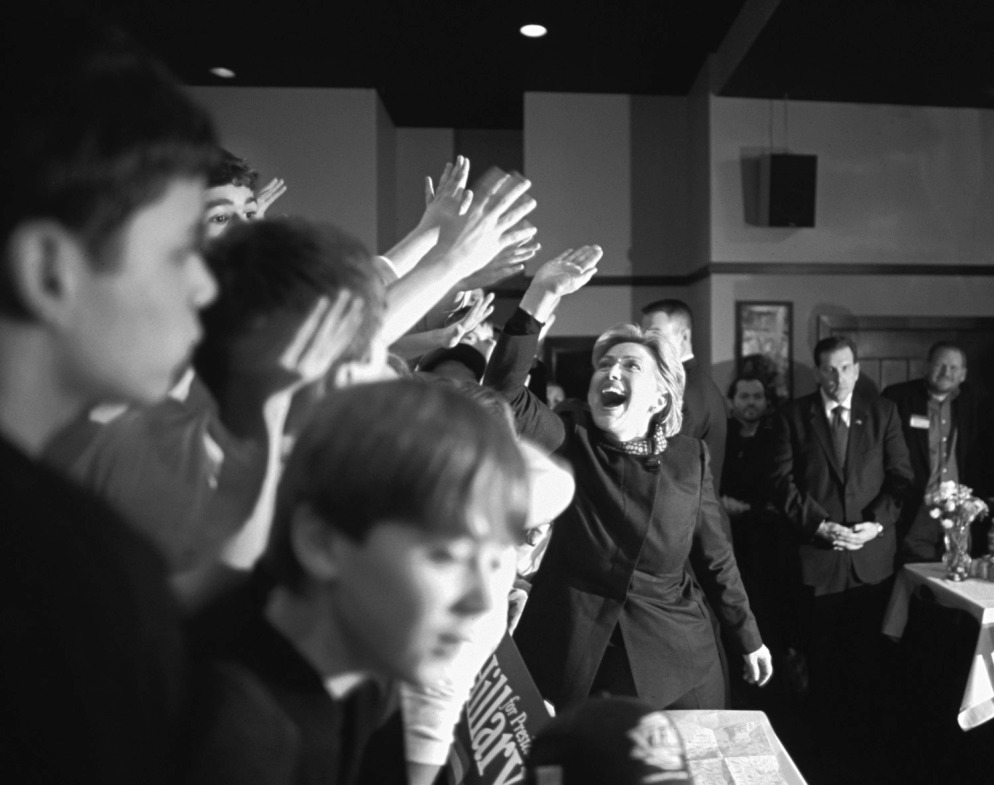
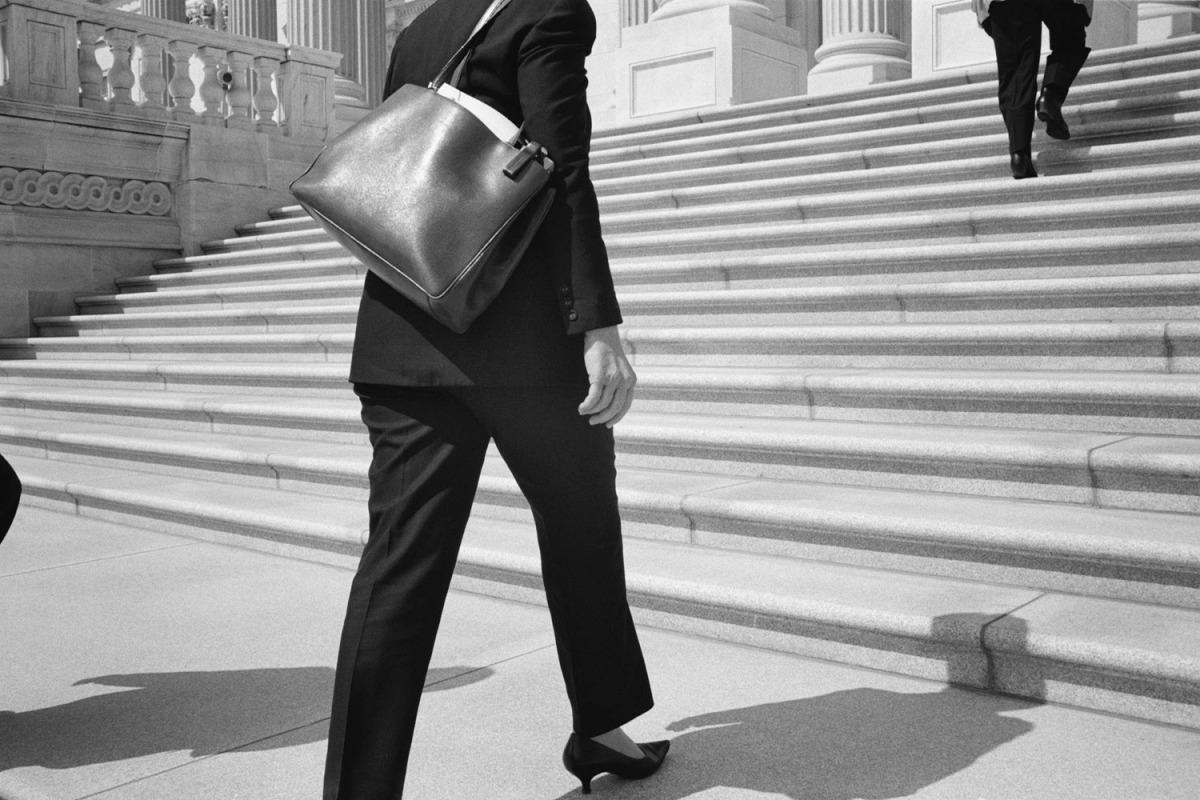
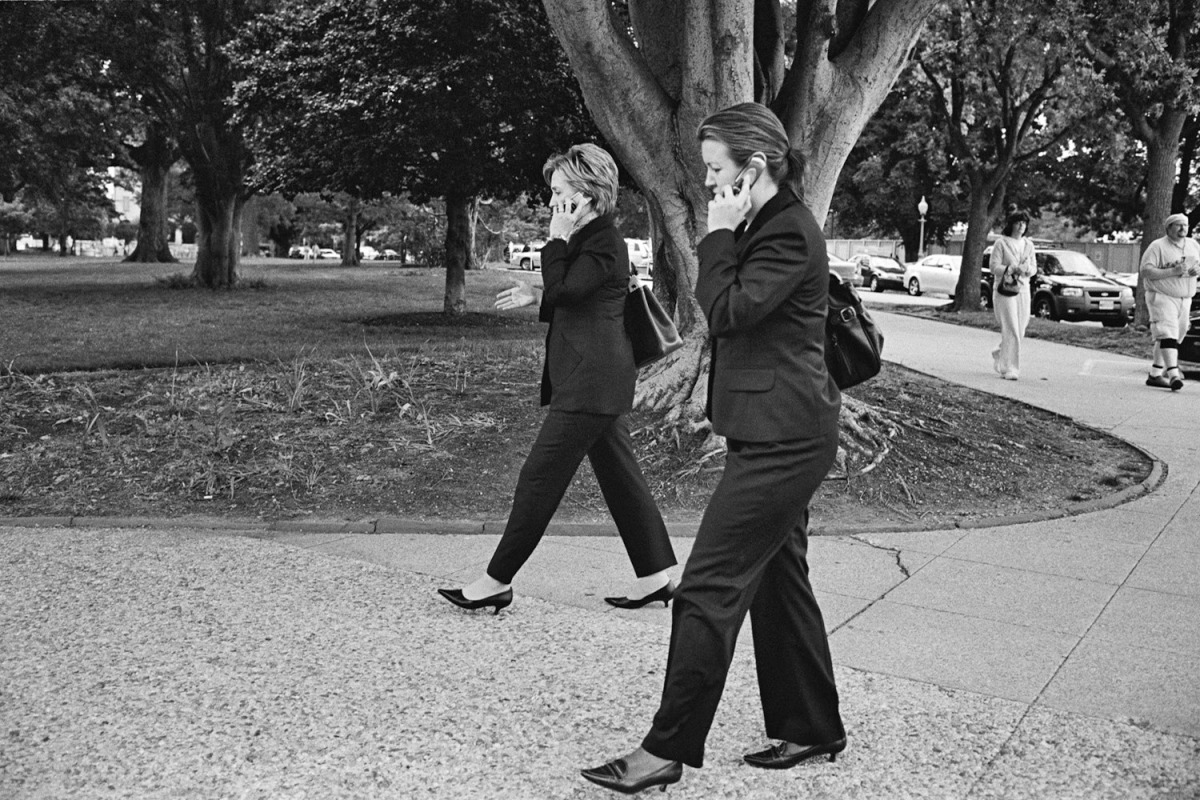
The presidency will be won in discrete moments, as the public gauges the humanity of the candidates. Donald Trump is more a brand than a person. How many spontaneous, human interactions has he had with individual voters? None that I can remember. Bill Clinton was the master of such moments. He won the debates–and probably the presidency–when he took two steps toward a confused citizen who had asked about the “deficit” but really meant the recession in the town hall debate. He turned the tables, asked how it was affecting her and proceeded to feel her pain. Hillary Clinton will have grand opportunities for her share of such moments of humanity and stability in the face of Trump rants and taunts. (But please, leave the canned zingers with the speechwriters.) An analogue for her to think about would be Barack Obama’s calm and competence in the face of an economic disaster in 2008, while John McCain seemed shaky and boggled.
Obama had another, more frivolous moment of truth in that campaign. He was visited the U.S. troops in the middle east and was handed a basketball. He stretched, set himself up beyond the three-point arc and swished his first attempt. Hillary Clinton will never be able to make that shot, but she did have a tiny version of the triumph during the New York primary campaign: she played dominoes at a senior citizen center in East Harlem against two grizzled veterans of the game–the sort of guys who sit around all day playing dominoes–and she won. The small crowd’s reaction was as ecstatic as the troops who saw Obama drain the three. Those small moments of humanity, clever gamesmanship and the ability make human contact will be crucial to her success.
Trump has been called a brand. A brand is a product. A product isn’t a human being any more than a corporation is. You can beat a product with a person…if that person is real.
More Must-Reads from TIME
- Cybersecurity Experts Are Sounding the Alarm on DOGE
- Meet the 2025 Women of the Year
- The Harsh Truth About Disability Inclusion
- Why Do More Young Adults Have Cancer?
- Colman Domingo Leads With Radical Love
- How to Get Better at Doing Things Alone
- Michelle Zauner Stares Down the Darkness
Contact us at letters@time.com